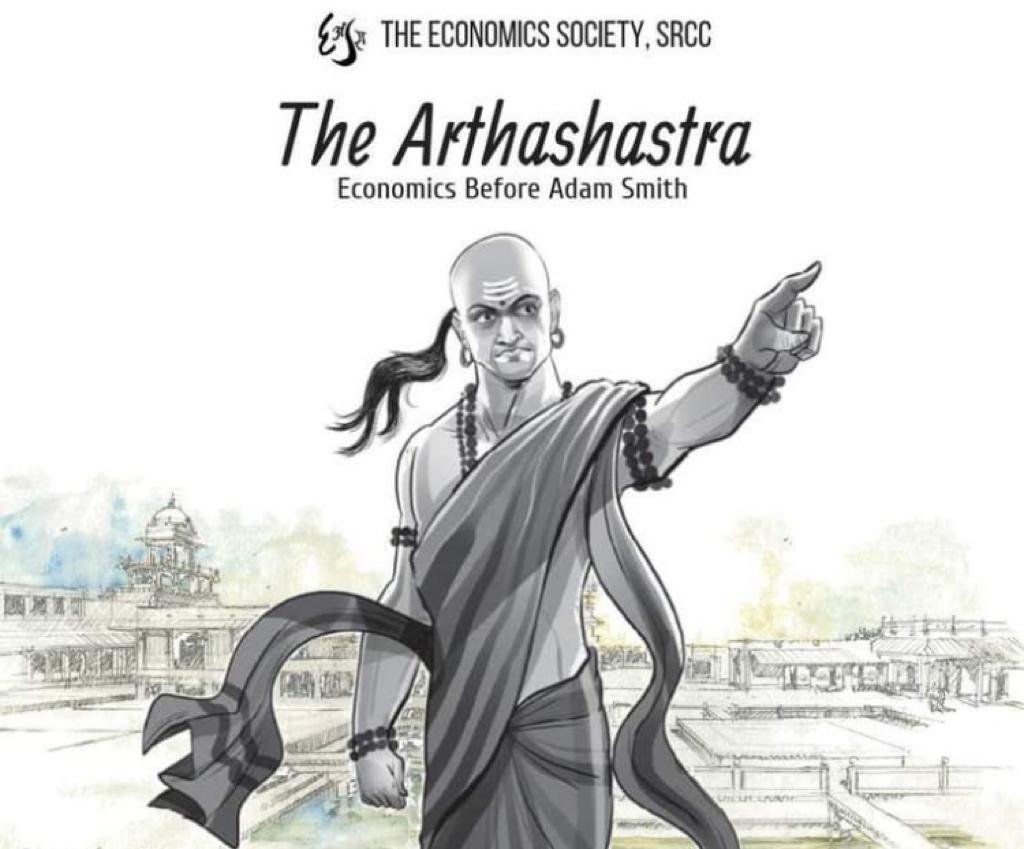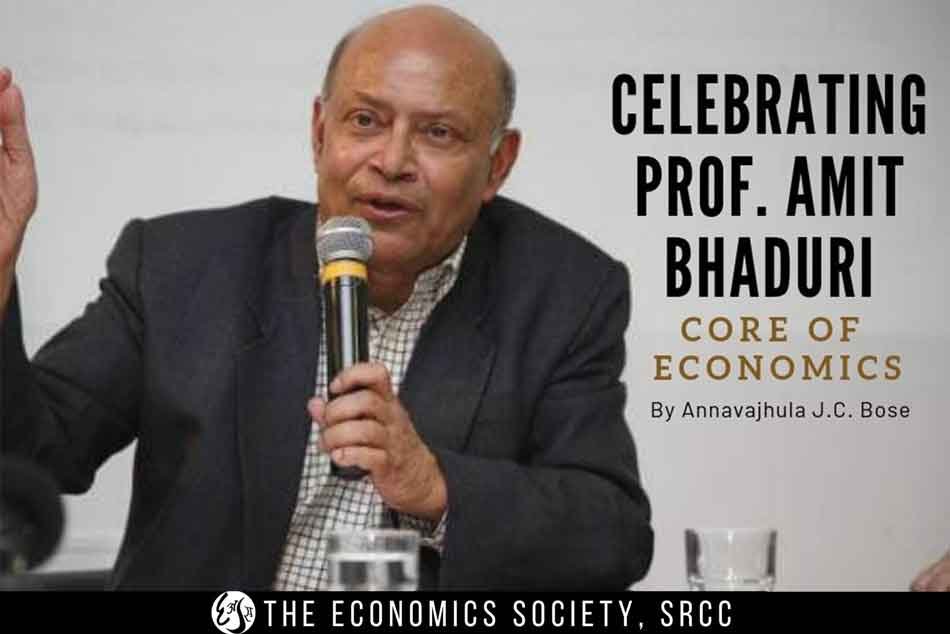
Published in:
Ideas
Achievement Unlocked: Dystopia

Starting from ancient history to this date and even in the foreseeable future, ‘wars’ are of central importance to a territory, kingdom or State. Pride, honour, valour and respect are things that a leader strives for. Winning wars becomes the most important aspect in a country’s progress. In such a competitive atmosphere, it becomes obligatory for the State and its leader to maintain a well-equipped army to defend its territory and to wage wars. Hence, the allocation for this sector is an indispensable factor in a country’s economic planning. This article will walk us through the ideology followed by kings in the past, ministers of the present and leaders of the future.
In the past, be it Napoleon Bonaparte of France, Julius Caesar of Rome or Ashoka of India, great kings have always prioritized defence allocations in their budget. Since land tax filled the treasuries of the kingdom, the best way for a king to increase his revenue was to acquire huge areas of land. As a result, every leader diverted a major part of his revenue to the defence sector. How did this impact the people? As allocation was more in this sector, employment in the army was high, and employment in other sectors was relatively low, except in the agriculture sector, overall growth was slow. The resources of the society were primarily allocated to the defence sector.
How did a king mobilize resources to maintain his army? The two basic methods followed by kings were taxation and surplus from victories. Under taxation, kings imposed high tax rates on products that were exported to foreign countries. Speciality products were taxed the most. Additionally, the major role of kings of the past was to protect their subjects, and so the burden of maintaining the army was shouldered by the civilians. The tax rates were so high that a producer could retain just one fifth of his produce after taxations. The other source of funds was acquisition of assets from the losing kingdom. These resources were directed only to the army. Thus, a king, driven by the desire for power allocated most of the economy’s resource to army. Finally, we could conclude that defence was the only major expense in ancient and medieval economies.
After years rolled by, when wars were fought on a larger scale, leaders of the States invoked new and better means of warfare. At this point, many countries across the world were colonized. These super giants extracted resources from the colonies and used these resources for their warfare. Slaves were traded and the ‘specialized product’ of every colonized country was supplied to the rest of world at high prices, thus making a super profit which was directed to the defence sector. The colonisers could exploit the whole nation and use it for army allocation or for their further expansions. In this time period, there was a drastic shift from a soldier-intense army to a weapon-intense army. Here, allocations were mostly concentrated on the innovation sector and more raw materials were utilised for large weapons. With the advent of the Machine Age, the role of soldiers fell and weapons like tanks, missiles flooded the battlefield. Leaders poured resources and funds for new techniques that reduced the loss incurred by a country during a war rather just winning it. Thus, more resources were allocated for the machinery mode of defence and there was a marginal reduction in the percentage of the population engaged in the defence sector.
In the future, though we strive for peace, fear stays in everyone’s heart. Pondering on the threat, every nation builds a self-sufficient army, protecting its borders from its enemies. Moreover, ‘scarcity of resources’ also forces some countries to invest in their armed forces so that they could overpower weaker countries and take away their resources.
In the near future, we could expect leaders to march towards strategies that would minimize the loss due to wars. This is also characterized by the fact that World GDP from the defence sector is falling slowly, which shows the countries’ inclination towards defence and not attacks.
By Shree Hari.
In the past, be it Napoleon Bonaparte of France, Julius Caesar of Rome or Ashoka of India, great kings have always prioritized defence allocations in their budget. Since land tax filled the treasuries of the kingdom, the best way for a king to increase his revenue was to acquire huge areas of land. As a result, every leader diverted a major part of his revenue to the defence sector. How did this impact the people? As allocation was more in this sector, employment in the army was high, and employment in other sectors was relatively low, except in the agriculture sector, overall growth was slow. The resources of the society were primarily allocated to the defence sector.
How did a king mobilize resources to maintain his army? The two basic methods followed by kings were taxation and surplus from victories. Under taxation, kings imposed high tax rates on products that were exported to foreign countries. Speciality products were taxed the most. Additionally, the major role of kings of the past was to protect their subjects, and so the burden of maintaining the army was shouldered by the civilians. The tax rates were so high that a producer could retain just one fifth of his produce after taxations. The other source of funds was acquisition of assets from the losing kingdom. These resources were directed only to the army. Thus, a king, driven by the desire for power allocated most of the economy’s resource to army. Finally, we could conclude that defence was the only major expense in ancient and medieval economies.
After years rolled by, when wars were fought on a larger scale, leaders of the States invoked new and better means of warfare. At this point, many countries across the world were colonized. These super giants extracted resources from the colonies and used these resources for their warfare. Slaves were traded and the ‘specialized product’ of every colonized country was supplied to the rest of world at high prices, thus making a super profit which was directed to the defence sector. The colonisers could exploit the whole nation and use it for army allocation or for their further expansions. In this time period, there was a drastic shift from a soldier-intense army to a weapon-intense army. Here, allocations were mostly concentrated on the innovation sector and more raw materials were utilised for large weapons. With the advent of the Machine Age, the role of soldiers fell and weapons like tanks, missiles flooded the battlefield. Leaders poured resources and funds for new techniques that reduced the loss incurred by a country during a war rather just winning it. Thus, more resources were allocated for the machinery mode of defence and there was a marginal reduction in the percentage of the population engaged in the defence sector.
In the future, though we strive for peace, fear stays in everyone’s heart. Pondering on the threat, every nation builds a self-sufficient army, protecting its borders from its enemies. Moreover, ‘scarcity of resources’ also forces some countries to invest in their armed forces so that they could overpower weaker countries and take away their resources.
In the near future, we could expect leaders to march towards strategies that would minimize the loss due to wars. This is also characterized by the fact that World GDP from the defence sector is falling slowly, which shows the countries’ inclination towards defence and not attacks.
By Shree Hari.


